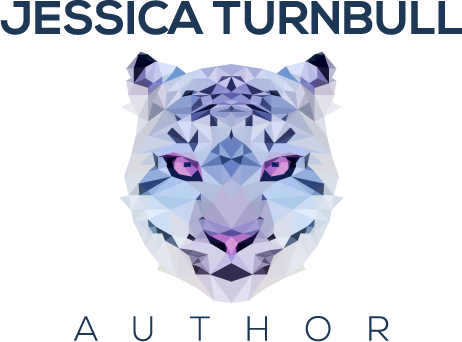Hi all!
This week's post is about why I didn't go to university and do creative writing, it's another personal story which goes into a bit more depth about my mental health when I was younger.
I didn't really know what I wanted to do after finishing school so I decided to go on to do my A Levels. I chose Georgraphy, History and Philosophy and Ethics because I really enjoyed learning about them with my GCSEs. Once I was into my second year of that I was puzzled as to what I wanted to do. I was too scared to go straight into work, as I thought no-one would hire me due to my anxiety. But I was also afraid of going to university because I hadn't been treated the best at school and I didn't want another three years of misery.
After scrolling through universities I found a course that I might be able to do near where I lived: Creative Writing. The best part is, it was 100% writing, no English A Level required! (I hated English in school and there's a pretty big reason why I didn't pursue it further - but that's a different story).
They had an open day coming up, so timid seventeen year old me signed up.
Big mistake.
On the day of the open day I went to register, and to my horror, the day before they changed the course. It's now Creative Writing AND English.
Strike one.
Reluctantly I proceed to the talk with my mother in tow (I brought her for emotional support because in was so anxious). Once I got in the room, there were two other people there, both looking to pursue a career in writing.
They were a lot more confident than me, asking questions and talking about their writing throughout the talk. The talk consisted of a PowerPoint with modules of the course. They mostly encouraged writing of crime, thriller, mystery, literary and women's fiction. When asked about fantasy, sci-fi and horror (my favourite genres) we were told that they were dying out so there's not much point learning about them.
Strike two.
At the end, they decided to go round the room to talk about our writing. I can't remember exactly what the other two said just because I was so scared to speak. When it was my turn, I managed to blurt out that I wrote a book: Blood and Water, unnamed at the time. The lecturers were intrigued, asking about how many words I wrote and how long it took me. They were disappointed to learn it was fantasy, but were willing to overlook it because I committed to writing a book.
The other two on the course did not like that.
The other girl, same age as me, brought the attention back to herself by casually throwing out there that she was writing her THIRD book, which she had 'forgotten' to mention before. Everyone was sucked into her little story, but I wasn't buying it. We're all in the same boat, there's no need for authors to compete with each other, especially by lying.
Strike three.
At the end of the talk the lecturer made us hand over our email addresses so she could add us to her mailing list.
Strike four.
She then recommended we do some reading to get a one up on everyone else applying: her books. We were also told to leave reviews (most likely positive).
Strike five.
On the ride home, after having a panic attack, I decided not to apply for university. Especially after the dirty looks the other two had given me upon learning that I had written a book at seventeen. I didn't want to spend another three years being isolated by my peers and frightened of my lecturers. I didn't want to participate in group projects anymore, as they were my worst fear. In school no-one wanted me in their groups so I had to wait until everyone had picked groups to ask the teacher to put me in one. After the inevitable kick off from the group I would be left to work by myself while they ignored me. I knew at university the lecturers would leave me to sort it out on my own, but with the poor state of my mental health I needed more support.
I also didn't want my alopecia to flare up anymore than it already had. It didn't help that the teachers didn't really care what I did, my career advisor ignored my emails after a while and the head of sixth form read everyone else's university applications but mine. I decided that the world was against me and floated through the rest of the year.
Of course, it all worked out in the end! I did a fantastic apprenticeship for a year and I still work there full time now! I don't regret my decision at all.
Next week I'll talk about why I hated the English subject when I was in school, as a sort of part two to this post.
See you next week!
